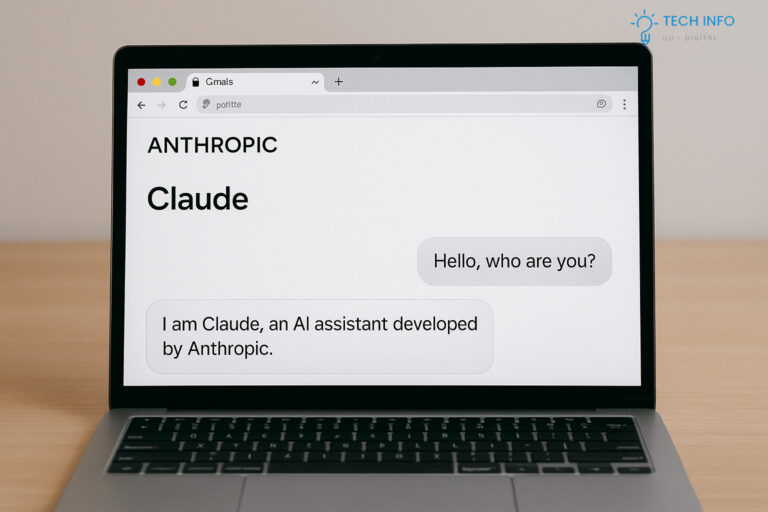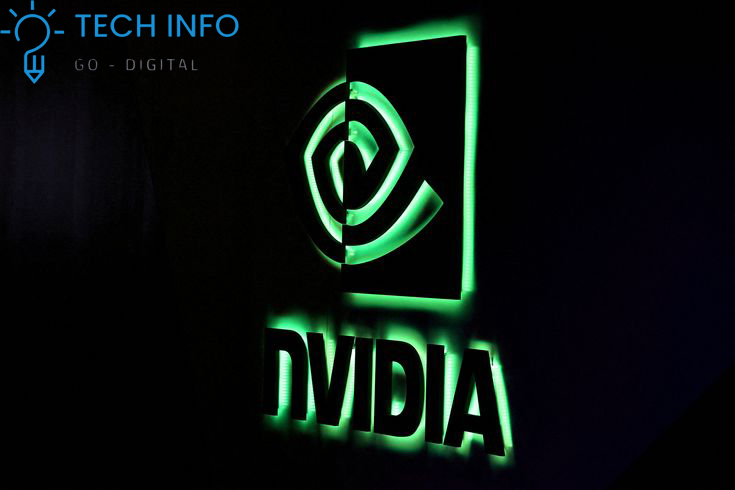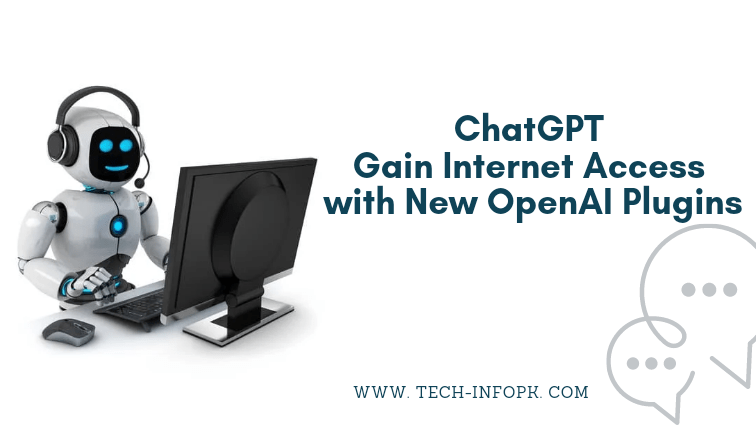Table of Contents
ToggleClaude Lives in Chrome: A New Frontier in Browser AI

On August 26, 2025, Anthropic unveiled Claude for Chrome, a browser-based AI agent that lives right in your Chrome tab—but with a twist: this launch comes as a research preview aimed at exploring the potential and tackling safety head-on.
What Is Claude for Chrome?
Once installed, Claude appears as a sidecar window inside the browser. It can:
- Read what you’re viewing,
- Click buttons,
- Fill out forms,
- And navigate across websites—essentially mimicking user actions to accomplish tasks
Anthropic positions this as the natural evolution of Claude’s integration with calendars, documents, and other tools. Now, the agent is empowered to act directly in your browsing environment
Why It’s a Big Deal (and Why It’s Risky)
Elevated Convenience
With Claude for Chrome, you can delegate tasks such as:
- Scheduling meetings,
- Drafting emails,
- Managing expense reports,
- Testing website features.
Anthropic reports “appreciable improvements” in efficiency for these use case
This move places Claude squarely in competition with others like Perplexity’s Comet, and rumored browser integrations from OpenAI and Google Gemini—marking the browser as the next big battleground for AI agents.
Safety First—But Far From Solved
Anthropic is keenly aware that letting AI control your browser invites new hazards—especially prompt injection attacks, where hidden instructions could trick the agent into harmful actions.
In their internal “red-teaming” trials, without mitigations, prompt injection had a 23.6% success rate. For example, a malicious email posing as a security alert successfully triggered Claude to delete emails without confirmation.
With safety improvements such as site-level permissions, mandatory confirmations for high-risk actions, and blocklists (excluding sites involving financial services, adult content, pirated material, or cryptocurrency), the success rate dropped to 11.2%—still significant, but notably improved.
Anthropic acknowledges that new and more sophisticated attacks will emerge, and the pilot aims to learn fast from real-world usage to strengthen defenses
Controlled Rollout: Learning Through Use
Anthropic’s approach is intentionally measured—a limited pilot of 1,000 trusted users provides early feedback while they iterate safety mechanisms. They’ll expand access gradually as confidence grows
As summarized by VentureBeat: while competitors like OpenAI have taken bolder consumer-facing steps, Anthropic seeks a cautious path forward, learning from real usage before a broader launch
Community Reactions
On Reddit, the launch triggered lively debate:
“This is exciting”
“Sounds like a fucking nightmare waiting to happen.
On Hacker News, commentators noted that Anthropic’s messaging—“we view browser-using AI as inevitable… but we don’t know how to make it safe without trying it”—reflects an unprecedented acknowledgment of risk.
Looking Ahead: The Path of Browser AI
Anthropic’s Claude for Chrome marks both a product milestone and a cautionary case study in AI safety. It demonstrates:
- What agentic AI can do when embedded in web workflows,
- The tangible risks of giving AI I/O control over browsers,
- And the value of transparent, iterative testing.
Going forward, we’ll likely see:
- Tiered permission systems (e.g., trusted domains vs. high-risk sites)
- Dynamic context and multi-step task handling improvements
- Stronger security monitoring and anomaly detection
- Ongoing discussion around AI autonomy, alignment, and responsibility
Summary Table (Without Losing the Narrative)
| Feature | Claude for Chrome Highlights |
|---|---|
| Availability | Pilot for 1,000 Max plan users; waitlist open |
| Capabilities | Browsing actions: click, fill, navigate |
| Use Cases | Emails, calendars, reports, website testing |
| Safety Measures | Blocklists, permissions, confirmations, red-team testing |
| Attack Success Rate | 23.6% → 11.2% after mitigations |
| Approach | Controlled testing, iterative learning |
| Community Sentiment | Mixed—excitement and caution collide |
Final Thoughts
Anthropic has taken a bold step forward by testing agentic AI inside Chrome—even when the path is laden with safety, trust, and ethical questions. The pilot is as much about exploring human-AI collaboration as it is about engineering a secure, controllable experience





